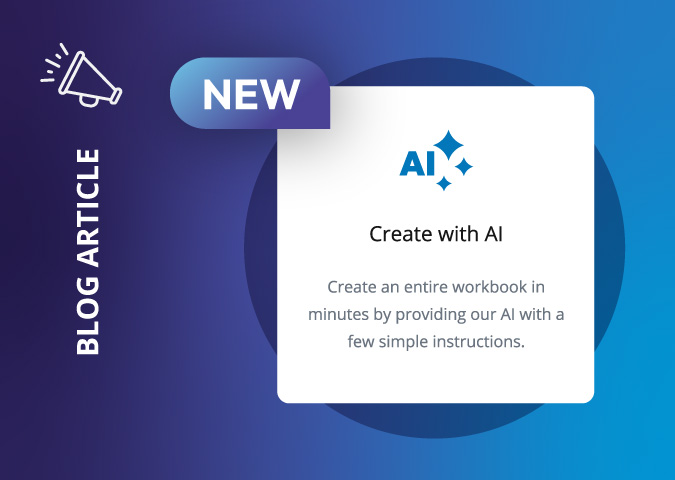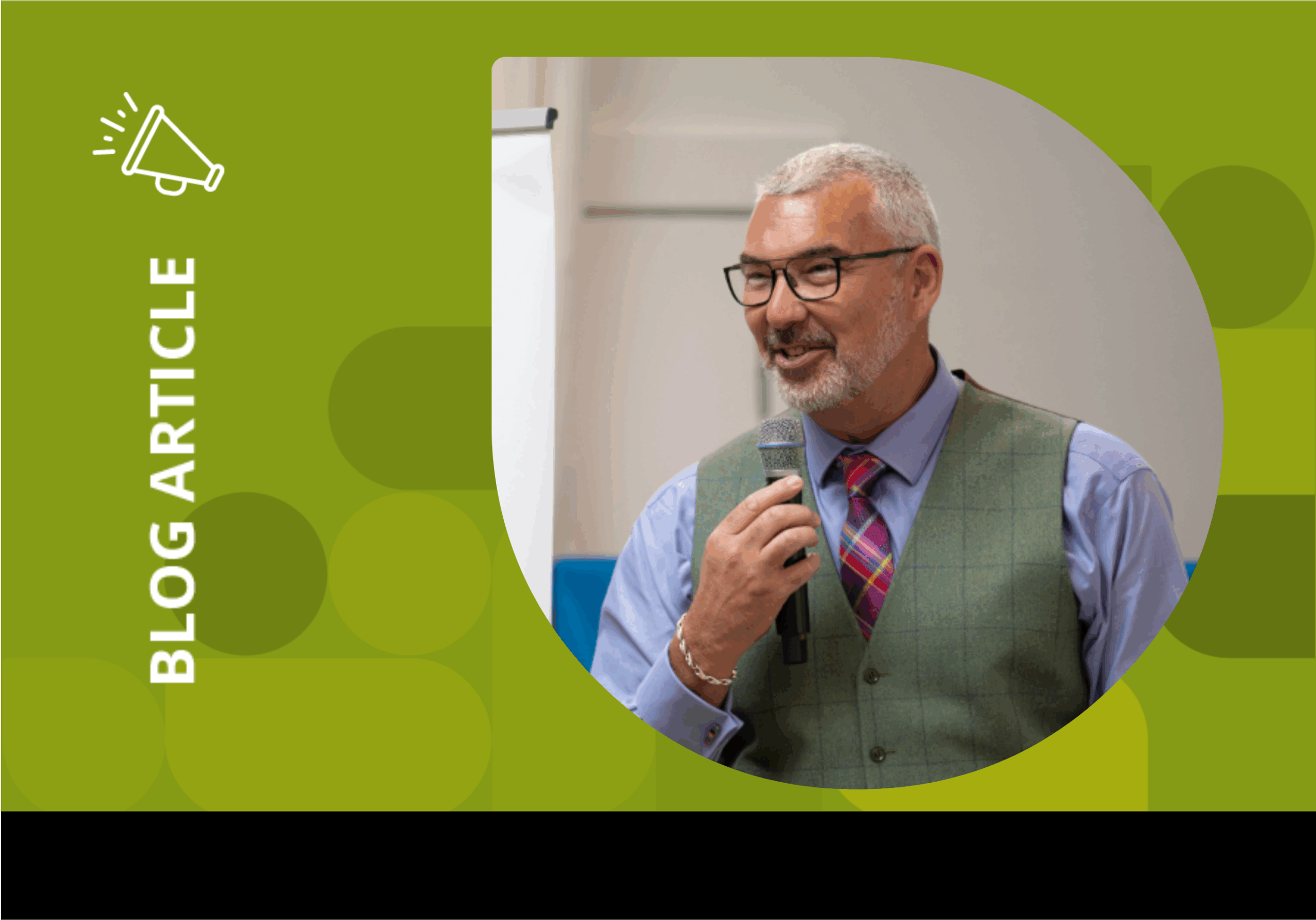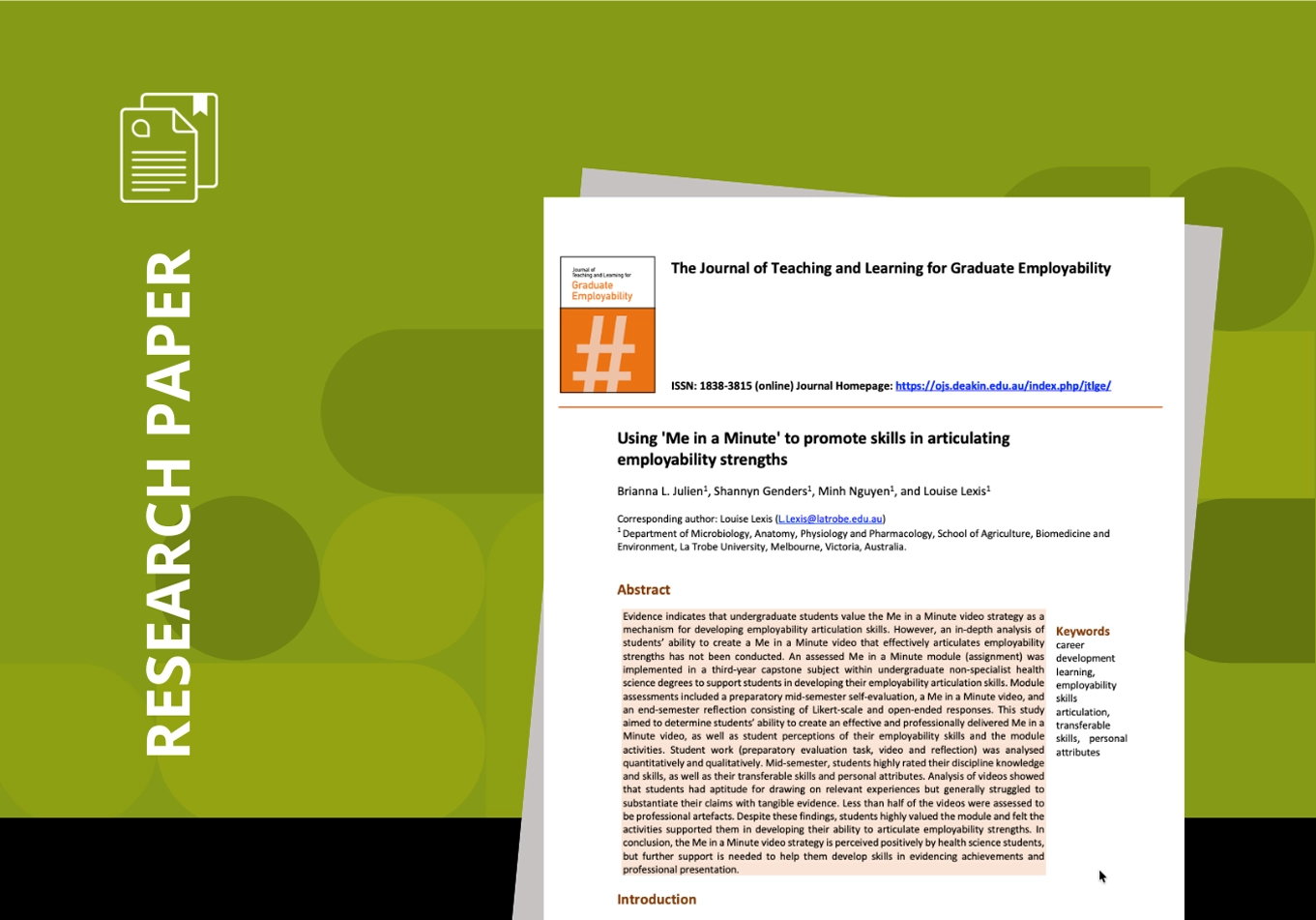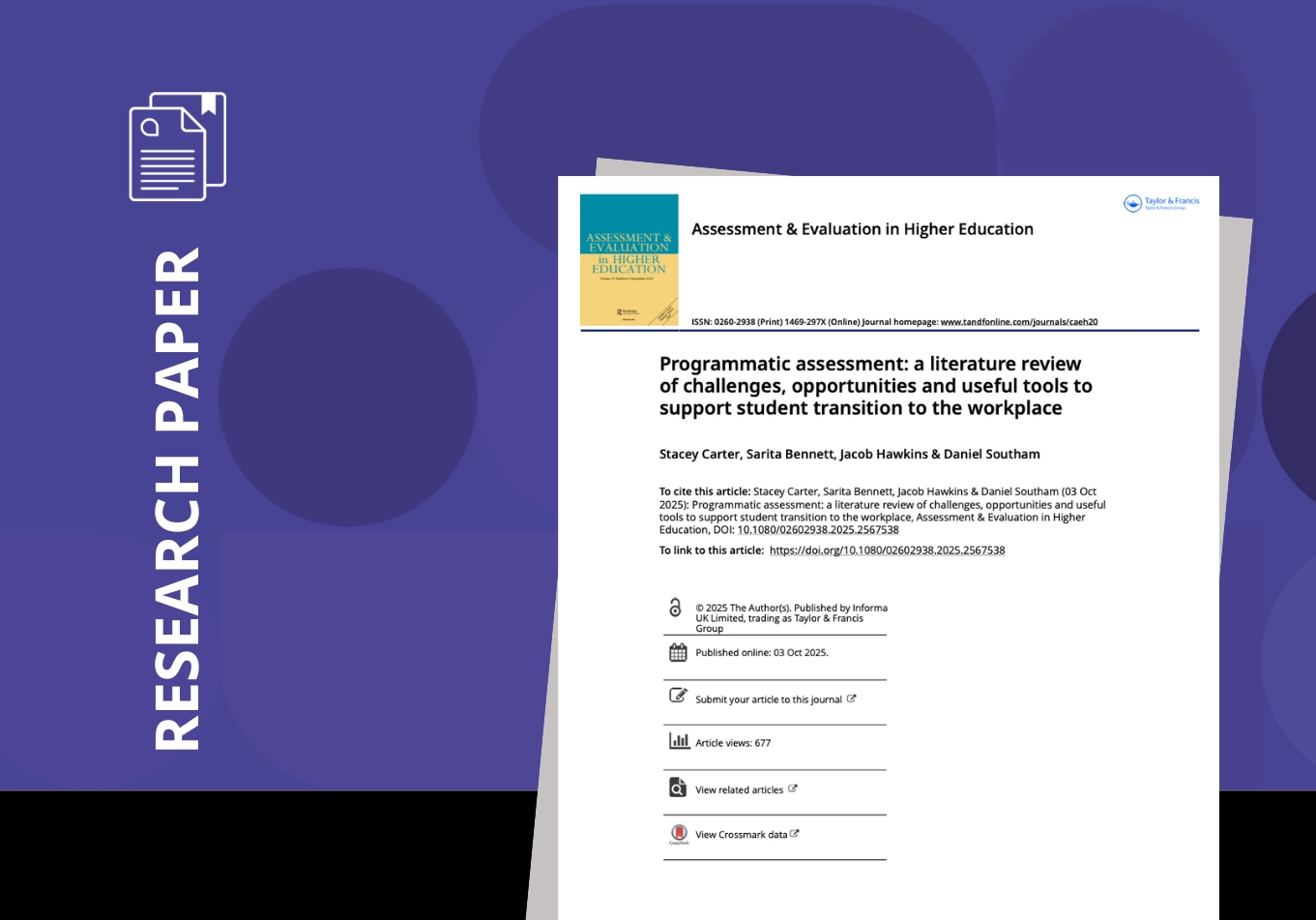The second instalment of PebblePad’s Clinical Confidence webinar series brought together voices from academia and healthcare practice to explore how ePortfolios are transforming nursing education while supporting professional growth.
Hosted by PebblePad Customer Success Manager, Joanne Spencer, the session featured insights from Fiona Cook, Lecturer in General Practice Nursing (Education) and Bruce Lockie, Learning Technologist – both from the University of Plymouth – alongside Deborah Robinson, Group Deputy Chief Allied Health Professional at NHS Humber Health Partnership.
Together, they unpacked how ePortfolios are improving accessibility, sustainability and student engagement, while also supporting competency mapping, reflective practice and lifelong learning. Drawing on real-world examples from both university and clinical settings, the webinar highlighted how PebblePad is helping nursing educators deliver genuine curriculum transformation.
Increasing sustainability and visibility
The University of Plymouth’s journey began with traditional paper-based practice assessment documents – some exceeding 100 pages. These were not only cumbersome to carry and complete but also limited visibility for academic and practice assessors. Fiona Cook described the original format as “unwieldy and a bit unplanet friendly,” noting that students often struggled to navigate them and assessors had limited opportunities to provide timely support.
Recognising these challenges, Bruce Lockie explained that the move to PebblePad was driven by a desire to improve reliability, accessibility and sustainability as well. “If it was something that was accessible online, then that would be … great [for] the environment and not having to do the printing side,” he said. The shift also allowed students to engage asynchronously, and assessors to offer support without relying on fixed submission points.
Clarity through mapping and rubrics
One of the most significant improvements came through the use of matrix-style rubrics and evidence mapping. These tools gave students and assessors a clear, structured view of progress across multiple competency domains. Bruce explained that the team deliberately avoided a linear format to prevent what he called the “scroll of doom,” instead opting for a matrix that allowed assessors to quickly identify whether a student had achieved a competency or needed further development.
Students could map a single piece of evidence to multiple competencies, streamlining the process and reducing duplication. Bruce noted that “[students] may have one document that may cover several different competencies and … they can map it easily [with PebblePad],” adding that justification prompts helped ensure the evidence was relevant and meaningful.
!["[Students] may have one document that may cover several different competencies and … they can map it easily [with PebblePad]."
Bruce Lockie, University of Plymouth](https://pebblepad.com/wp-content/uploads/2025/10/Clinical-Confidence-2-Webinar-1-300x130.png)
Collaborating academic and assessors
PebblePad’s real-time access and embedded feedback tools have transformed collaboration between academic and practice assessors. Fiona highlighted how assessors can now “see in real time how [students] are getting on with their competencies and … able to offer support if it looks like they’re struggling.” This has made feedback timelier and more intuitive, and enabled academic assessors to support practice assessors more effectively.
The platform also supports confidentiality and data protection, with assessors only able to view students assigned to them. Fiona noted that “giving feedback is very easy on PebblePad, and the feedback is very intuitively linked with the area that you’re giving it on,” which has helped streamline the assessment process and improve quality assurance.
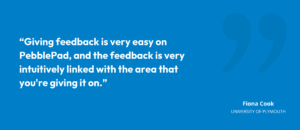
Mapping to official frameworks
The ePortfolios are carefully mapped to official competency frameworks, including the RCGP General Practice Nurse Competencies and Health Education England’s career and capabilities frameworks. Bruce explained that the design process involved engaging stakeholders and students to ensure the ePortfolios were intuitive and valuable, and that they reflected current changes in nursing education.
This alignment ensures that student evidence meets required professional standards and supports regulatory compliance. It also allows for consistency across programmes and cohorts, with the ability to push updates mid-programme when needed.
Cornerstone of professional growth
In the next section of the webinar, Deborah Robinson, Deputy Chief AHP at NHS Humber Health Partnership, delivered a compelling presentation on the critical role of reflective practice in healthcare. Building on the earlier discussion from the University of Plymouth, she framed reflection not as a passive exercise, but as a structured, intentional process that underpins safe, ethical and effective care. “Reflection is more than just thinking back,” she explained. “It’s a structured way to learn from experience.”
In clinical environments where decisions carry real consequences, reflection helps practitioners refine judgment, understand emotional responses and continuously improve the quality of care. Deborah emphasised that it’s also a regulatory imperative, describing reflection as “a cornerstone of professional development and regulatory revalidation.”
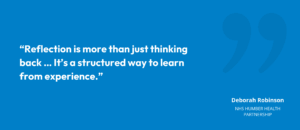
Using reflective models
Deborah then walked attendees through three widely used reflective models – Gibbs, Johns and Kolb – highlighting how PebblePad supports each through flexible templates and an intuitive interface. But she also cautioned against superficial engagement, noting that “superficial reflection will not lead to growth.” Instead, she advocated for honest, iterative reflection, encouraging learners to revisit past entries with fresh eyes as their understanding deepens.
Deborah also touched on the emotional dimension of reflection, acknowledging that students often feel self-conscious knowing their reflections will be read by assessors. Drawing on her own experience as an educator, she shared a story of a student who admitted to being intimidated early in her programme, illustrating how psychological safety and supportive mentoring can help learners overcome impostor syndrome and embrace reflection as a tool for growth.
Supporting lifelong learning
Deborah’s presentation also explored how PebblePad supports professional development beyond graduation. She described the ePortfolio as “a living document, that evolves from first year to graduation and … into professional practice,” and explained how NHS Humber Health Partnership is actively encouraging staff to continue using PebblePad as part of their CPD.
This continuity is especially valuable in the context of revalidation. Deborah noted that the NMC requires nurses and midwives to submit five written reflections and engage in reflective discussions every three years, making structured reflection not just beneficial but essential. PebblePad’s alumni access ensures that graduates retain their ePortfolios, enabling them to track growth, revisit learning experiences and align their reflections with professional standards.
![“[An ePortfolio is] a living document, that evolves from first year to graduation and … into professional practice.”Deborah Robinson, NHS Humber Health Partnership](https://pebblepad.com/wp-content/uploads/2025/10/Clinical-Confidence-2-Webinar-4-1-300x130.png)
Identifying skill gaps
Deborah also linked this to broader workforce development goals, describing how her organisation is using ePortfolios to identify skills gaps among advanced practitioners and support targeted development. “We’re one of the pilot sites working with the NMC,” she said, “and we’re looking at how the use of ePortfolios will enhance our practitioners’ personal growth.”
Deborah closed by reinforcing the idea that good reflective practice is a continuum – something that begins in education and deepens throughout a career. “Don’t wait until the end of a placement,” she advised. “Reflect as you go along.” Her message was clear: reflection isn’t just a learning tool – it’s a professional habit, and PebblePad is helping embed it across the healthcare journey.
Final thoughts
This webinar showcased how PebblePad is helping nursing educators and practitioners move beyond paper-based systems to deliver more intuitive, reflective and standards-aligned learning experiences. From competency mapping to lifelong learning, our platform not only modernises nursing education – but also empowers practitioners to reflect, grow and thrive throughout their careers.
- If you’d like to explore how PebblePad can support your institution’s goals, reach out to your Customer Success Manager or join us at one of our upcoming events.


